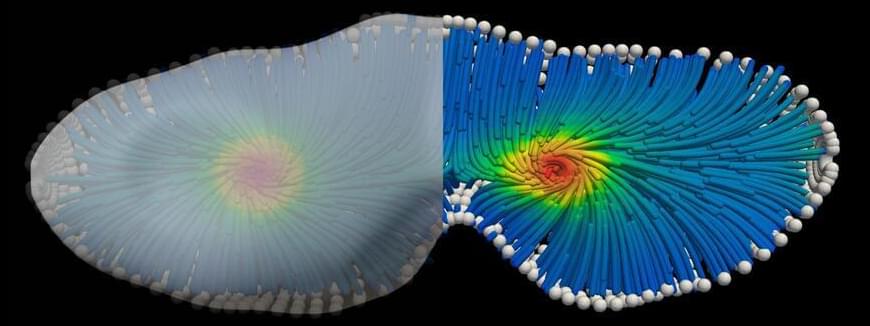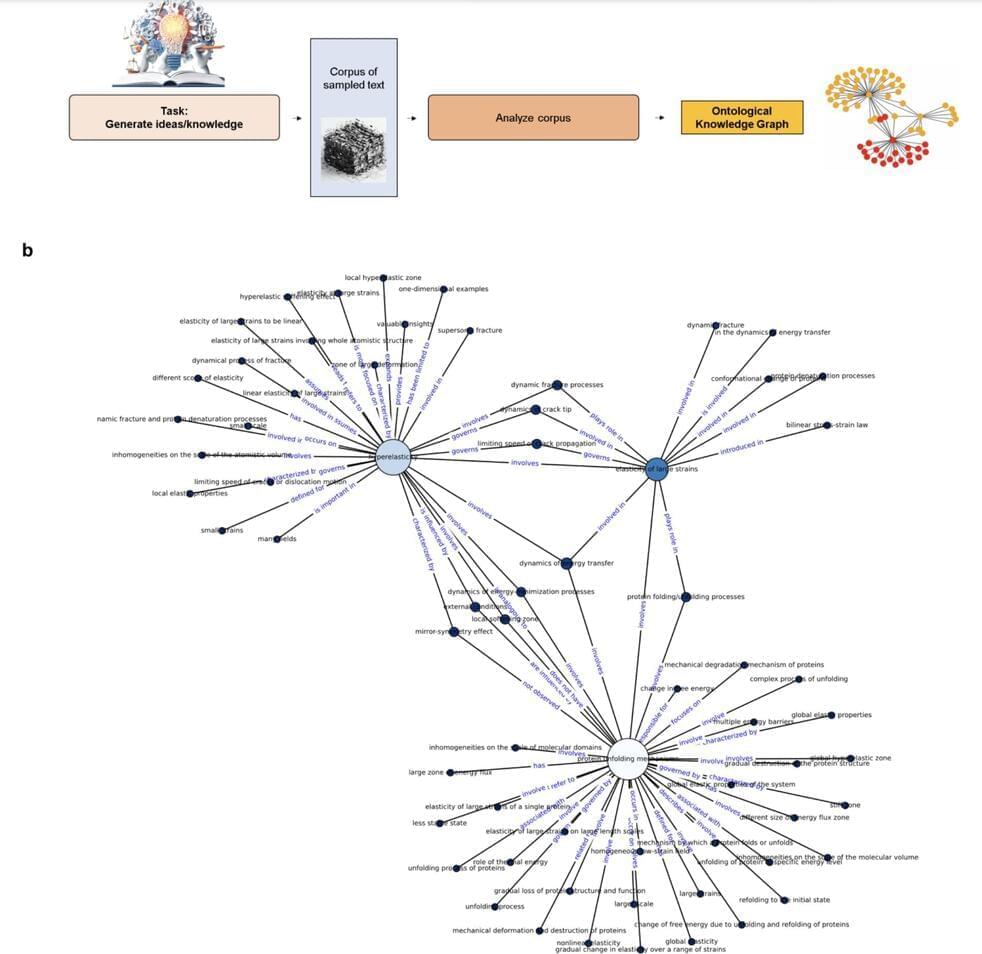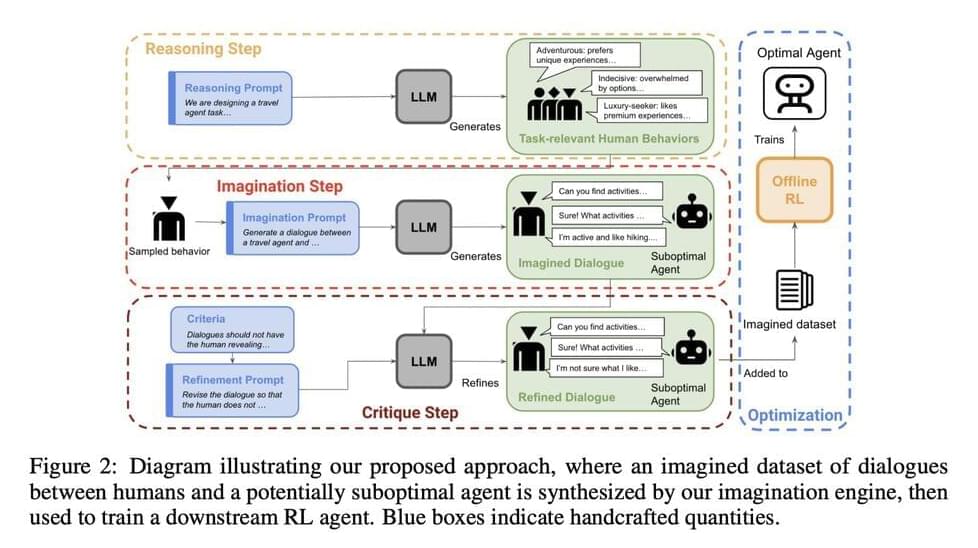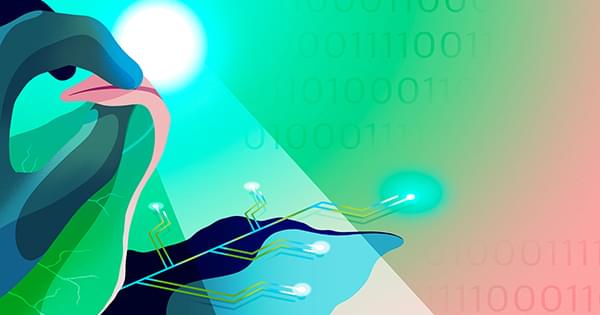Nov 22 (Reuters) — Ahead of OpenAI CEO Sam Altman’s four days in exile, several staff researchers sent the board of directors a letter warning of a powerful artificial intelligence discovery that they said could threaten humanity, two people familiar with the matter told Reuters.
The previously unreported letter and AI algorithm was a key development ahead of the board’s ouster of Altman, the poster child of generative AI, the two sources said. Before his triumphant return late Tuesday, more than 700 employees had threatened to quit and join backer Microsoft (MSFT.O) in solidarity with their fired leader.
The sources cited the letter as one factor among a longer list of grievances by the board that led to Altman’s firing. Reuters was unable to review a copy of the letter. The researchers who wrote the letter did not immediately respond to requests for comment.







